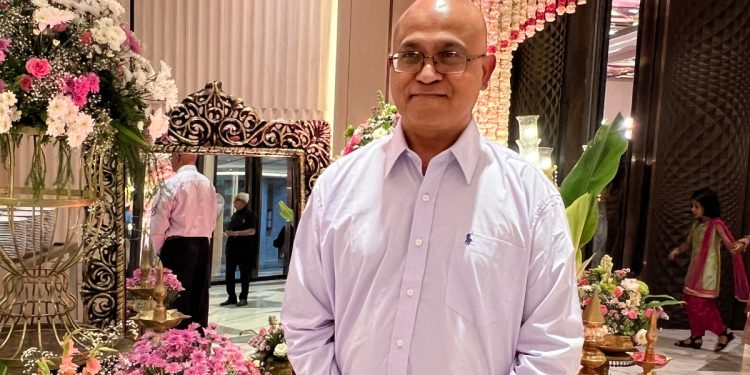The Guyanese legal fraternity has often failed to act in the interests of the public in not challenging governments, going back to independence, when they violated basic or fundamental rights (including of freely choosing a government) of the public and laws and or when they (officials) were involved in corrupt acts. Eusi Kwayana stood out as among (maybe the only one to do so) a few who took officials to court for corruption; he has publicly opposed corruption. This is quite unlike in neighbouring Trinidad and Tobago where attorney Ramesh Lawrence Maharaj (SC) in the 1980s pioneered the concept of public interest litigation by taking the government to court on violation of basic rights (though not stated in the constitution) or when governments failed to publicly disclose (transparency) receipt and expenditures of funds. Maharaj was never afraid to challenge the government even when he jailed for so doing; in fact, government has been fearful of challenges from Maharaj who has had a history of almost always winning. He was a public-spirited lawyer who file cases that other lawyers felt would never be won; in fact, they thought he was foolish to file such cases. Yet he won them all and has built an envious reputation.
The Privy Council in London and the court in India have been known to be creative in their rulings to grant rights to the public not stated in constitutions and Maharaj championed such interpretrations. A constitutional court ruling has the effect of law. Although not laid down in statutes or law, Maharaj was able to convince the Privy Council, if not local courts, that the public was entitled to many rights not stated in the constitution, including prescriptive squatting rights. It was through his advocacy that squatters became land owners of land they occupied over an extended period of time and during which time government made no effort to remove them from land they occupied. He forced government to retract policies. Maharaj was jailed for defying local court rulings on fundamental rights; but the Privy Council freed him. The Privy Council agreed with him on natural rights and ruled in his favor overturning Appeal Court rulings in multiple cases. And when he became Attorney General in 1996 (thru 2001), he piloted legislation guaranteeing the public freedom of access to information on every action of the government. It was because of the legislation, Trinibagonians have enjoyed expansive rights of freedom and access to information of all actions of the government. When the Rowley government introduced legislation in 2017 to amend the Freedom of Information Act to curtail rights, Maharaj warned that he would come out of political retirement and contest elections as well as challenge the government in court if the bill was not withdrawn. Rowley quickly withdrew the bill. Governments, and lawyers in general, preferred not to go up against Maharaj in court matters because of his reputation of rarely losing. He has a reputation of interpreting laws that no others did and the court (Privy Council) tend to agree with him. Domestic courts may rule against him, but he almost always won at the Privy Council. He has always been confident that he would win at the PC resulting in more court costs (and legal fees for him). He also won the lone case he appeared before the CCJ. He prefers to appear before the PC rather than CCJ. It must be a relief to CCJ judges that he does not appear before them. His lone appearance before the CCJ was victorious.
Maharaj’s public interest litigation (PIL) is a vehicle for creating and enforcing rights of the public especially when governments have attempted to restrict peoples’ rights. PIL is critical for the sustenance of a democratic society like Guyana or others in the Caribbean where rulers tend to be authoritarian. PIL is a recourse for those whose rights have been violated or a community that has been marginalized and or disadvantaged and or faced discrimination; Guyanese experienced all the preceding violations since 1966 and there were no PIL. Through PIL, as has been the case in Trinidad, democracy has been strengthened by granting the public unlimited rights and at the same time has also curtailed the rights of the government. All governments have been displeased with public empowerment that question their actions.
PIL is not defined in any statute. Judges create law (judicial activism) by interpreting the constitution on what they feel should be rights of the public as presented by advocates like Maharaj; PIL empower the public. The latter has been possible because a fearless lawyer, like Maharaj, took the government to court on what he perceived as violations of the constitution or legislative acts. He was not afraid of going to jail; it was the biggest mistake the court made by sending him to judicial custody when he defied the court on human rights in his early career. His imprisonment emboldened him to challenge the government and to combat corruption. Maharaj was known to topple governments that he considered corrupt— PNM twice and his own party UNC twice.



































































